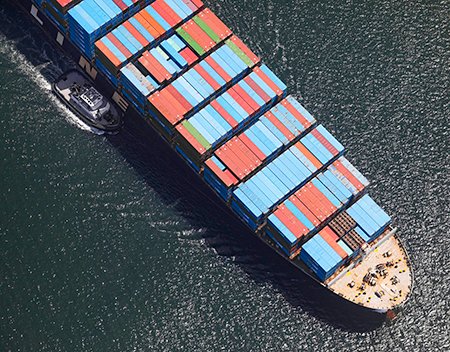With the introduction of these two bills, lawmakers are aiming to further strengthen the sustainability of the maritime industry, reduce emissions, protect public health, and combat climate change. By targeting GHG emissions and imposing pollution fees on large marine ships, the Clean Shipping Act of 2025 and the International Maritime Pollution Accountability Act are set to make significant strides towards a cleaner and more environmentally responsible maritime transport sector.
With the support of industry players, non-governmental organizations, and lawmakers, these bills have the potential to drive innovation in clean technologies, support the development of low-carbon ships, and revitalize the US shipbuilding industry. By taking an “across the port” approach and incentivizing the use of cleaner fuels, the maritime sector can play a key role in mitigating the effects of climate change and safeguarding public health.
As the world continues to grapple with the challenges of climate change, it is imperative that the maritime industry takes proactive steps to reduce its carbon footprint and transition towards a more sustainable future. With the introduction of these bills, US lawmakers are leading the way in promoting cleaner and greener maritime transport practices for the benefit of all.
The Clean Ports Program, supported by the Inflation Reduction Act, recently allocated funding to several key ports across the United States. Among the recipients were the Port of Los Angeles, the Port of San Diego, the Port of Oakland, as well as ports on the East Coast such as the Port Authority of New York and New Jersey (PANYNJ).
One notable development in 2023 was the announcement by Senator Padilla of $74.5 million from the Department of Transportation Maritime Administration to support the decarbonization, upgrade, and rehabilitation of critical ports along California’s coastline. This funding is a significant step towards improving the sustainability and efficiency of port operations in the state.
The allocation of funds through the Clean Ports Program underscores the government’s commitment to reducing emissions and promoting environmental sustainability in the maritime industry. By investing in cleaner technologies and infrastructure upgrades, these ports can improve their operations while also reducing their carbon footprint.
The Port of Los Angeles, one of the largest ports in the country, stands to benefit greatly from this funding. With a focus on decarbonization and modernization, the port can enhance its competitiveness and position itself as a leader in sustainable maritime practices.
Overall, the funding provided through the Clean Ports Program and other initiatives demonstrates a proactive approach to addressing environmental challenges in the shipping industry. By supporting the transition to cleaner and more efficient port operations, the government is paving the way for a more sustainable future for the maritime sector.
In conclusion, the recent funding allocated to key ports in the United States through programs like the Clean Ports Program and the support of initiatives like the Inflation Reduction Act highlight the importance of prioritizing environmental sustainability in the maritime industry. These investments will not only benefit the ports themselves but also contribute to overall efforts to combat climate change and reduce emissions in the transportation sector.

